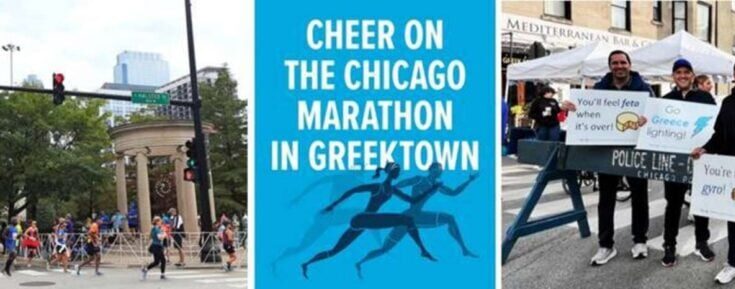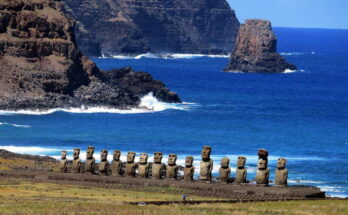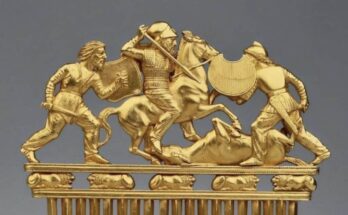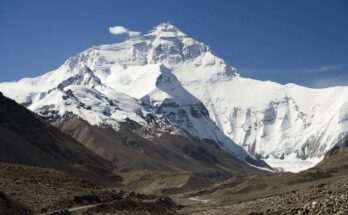
Greektown Chicago is preparing to host a portion of the Chicago Marathon foot race on Sunday, October 13. A special cheer station will be at the corner of Glayds and Halsted Street from 8 a.m. to 2 p.m.
It will celebrate the ancient Greek origins of the marathon.
This year’s Chicago Marathon passes through Greektown twice at Miles 14 and 17, giving spectators two opportunities to cheer for their favorite runners.
About Greektown Chicago
Greektown is a dining, nightlife and cultural district located in Chicago’s vibrant West Loop area. It is the undisputed cultural hub for the third-largest population of Greeks living in the United States.
Greektown’s bars and restaurants, serving some of the best Greek food in the country, lie roughly between Van Buren and Madison Streets, along Halsted Street, west of the Loop. There are approximately 150,000 people of Greek ancestry that live in the greater Chicagoland area.
People in the neighborhood still speak Greek, and the community comes out in full ethnic pride during the annual Greek Independence Day parade. This pride manifests even more during the “Taste of Greece” festival and the days surrounding Greek Easter.
A popular destination for tourists and residents alike, Greektown offers the best sample of Greek heritage outside of Athens: from authentic restaurants, cafes and shops to the National Hellenic Museum and annual Taste of Greektown festival.
The cultural and historical significance of the National Hellenic Museum
The museum, the second oldest institution in America centered on Greek and Greek American culture, is located in the country’s third largest city, Chicago, in its Greektown neighborhood outside the Loop.
Since its foundation in 1983, the Hellenic Museum and Cultural Center (NHM) has been a community institution. It connects generations through Greek history, culture and art. The NHM seeks to preserve the stories and honor the contributions of Greek immigrants and Americans of Greek heritage.
Greektown Special Service Area #16 is the business improvement district for the neighborhood, administered by the West Central Association and empowered by a volunteer commission of local business owners, property owners and residents.
The National Hellenic Museum in Chicago has featured many exhibits on the “Spirit of the Marathon”, a race inspired by the real battle 2,500 years ago, dedicated to the running event and history surrounding it.
History of Marathon and its revival in modern age
The modern marathon was inspired by the run of the soldier Pheidippides from a battlefield near the town of Marathon, Greece to Athens in 490 BC.
According to the Greek historian Herodotus, the badly outnumbered Greeks had managed to defeat the invading Persians. Then, they sent a messenger running approximately 25 miles to the Acropolis in Athens to deliver the good news. Pheidippides delivered his message of “Nike!” (Victory!) and then collapsed from exhaustion on the spot, subsequently passing away.
The 42,195 meter Marathon Race became one of the most competitive events during the revival of the Olympic Games in 1896.
A Greek athlete named Spyros Louis, running what has since been referred to as the Original Marathon Course from the ancient city of Marathon to the Panathenaic Stadium in Athens, won the gold medal of the first modern Olympic Games and became a legend of Greek and international athletics.
The Marathon Race has always held a prominent place in the hearts and minds of sports enthusiasts. It represents the ultimate test of human endurance where the human body, soul and mind reach their limits. During this effort, the runner pushes themselves to reach the finish line.



